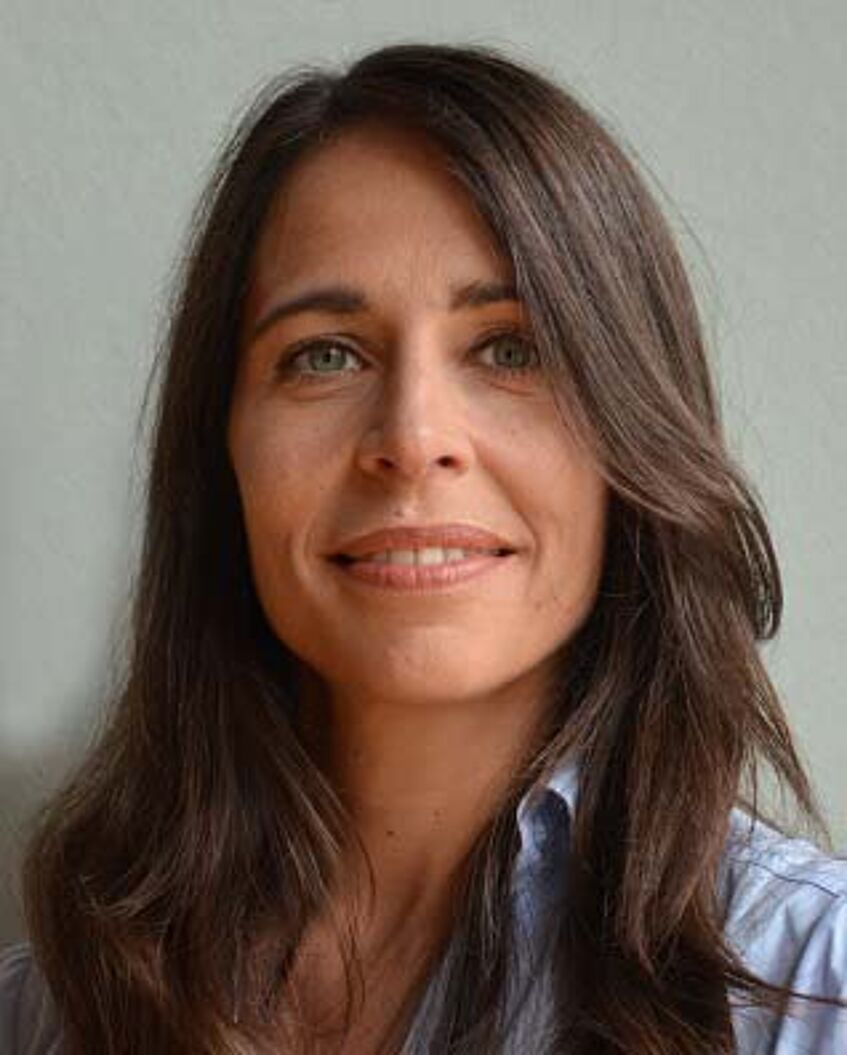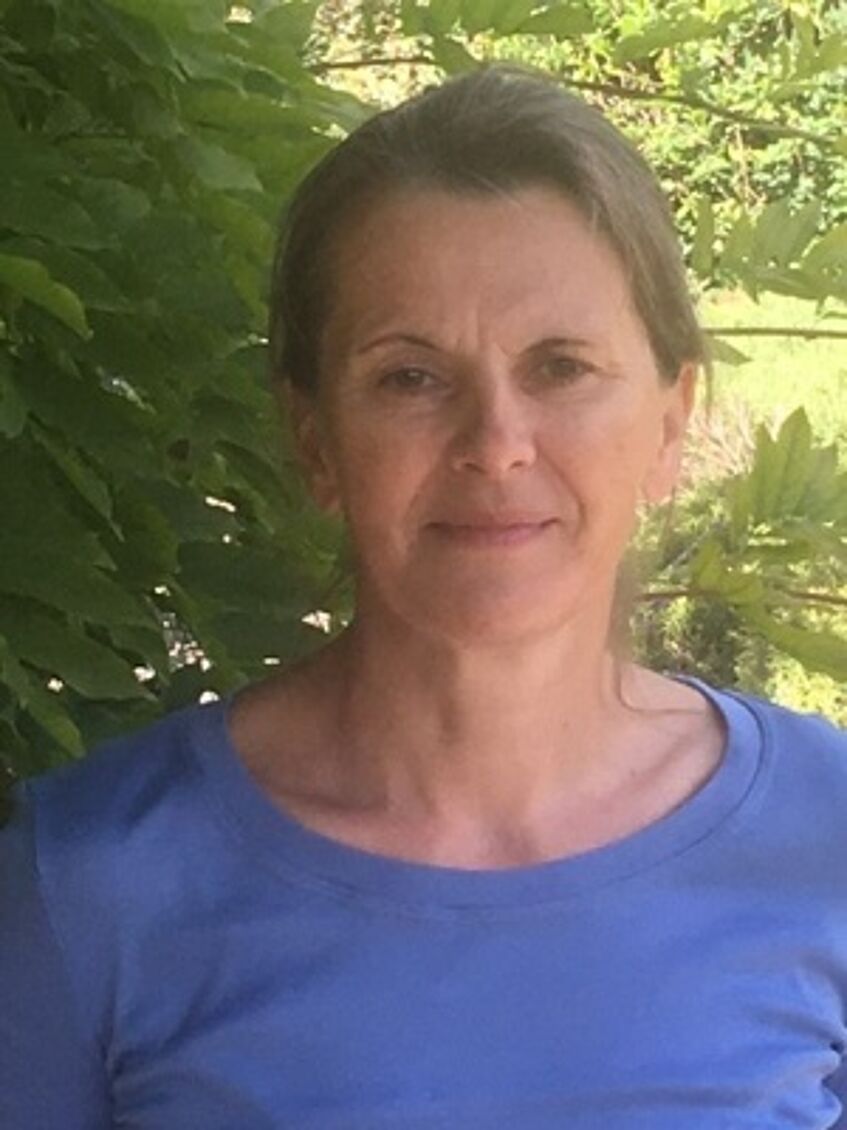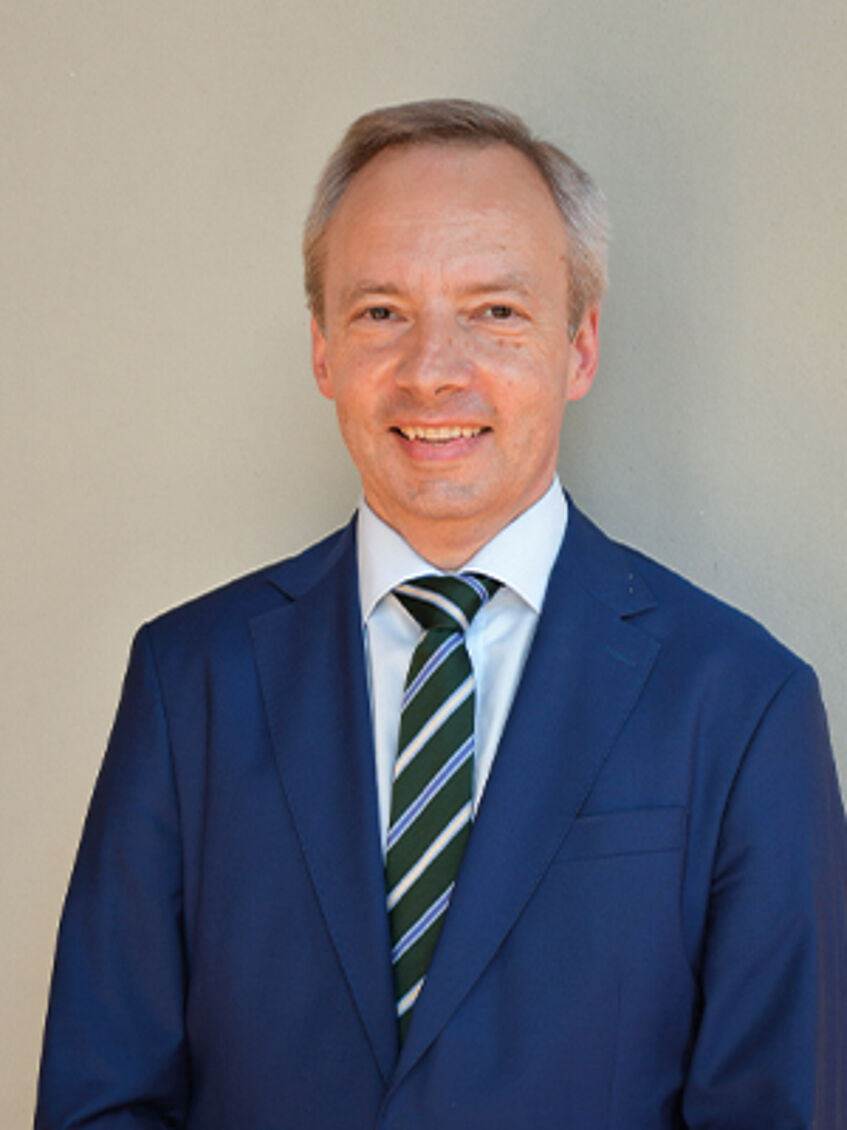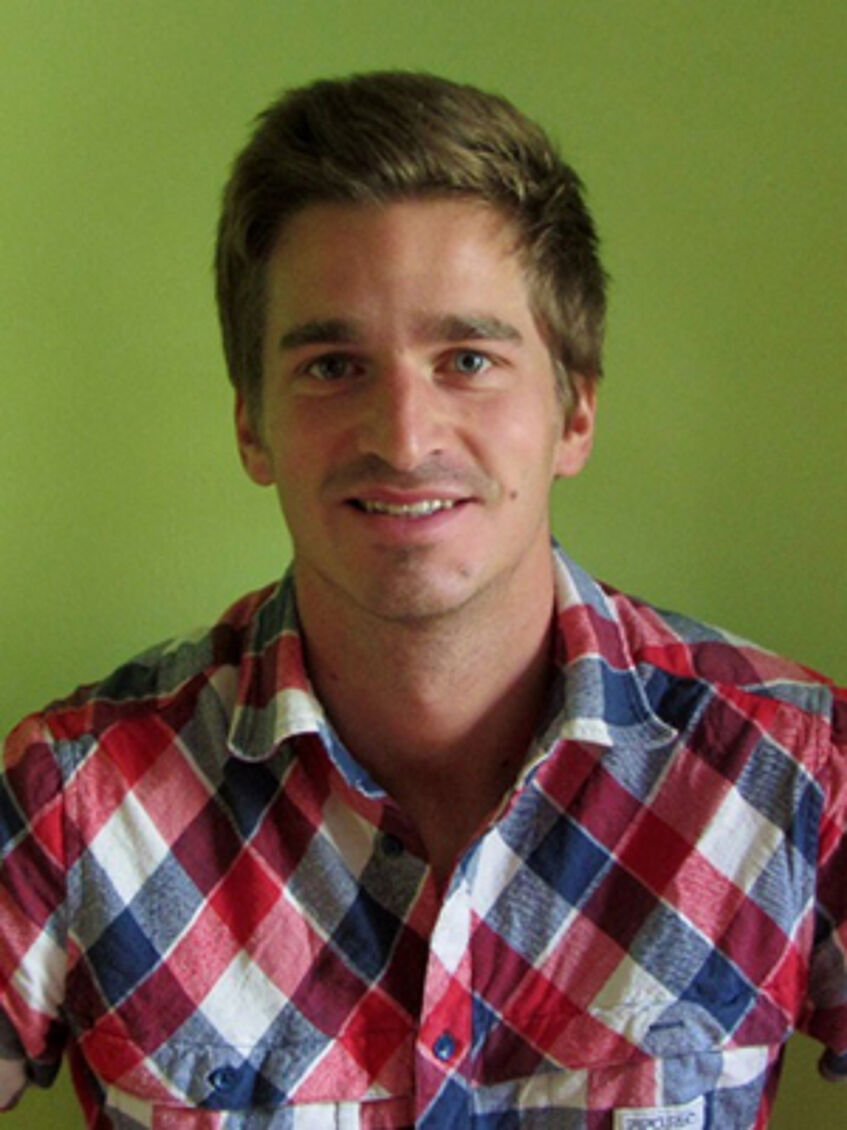Faculty 2021
Nikolaus Forgó

Nikolaus Forgó (© Barbara Mair)
Nikolaus Forgó
Professor of Law, Head of Department of Innovation and Digitalisation in Law, University of Vienna; head of the LLM-program on information and media law at the University of Vienna; expert member of the Austrian Data Protection Board and the Austrian AI Advisory Board.
Selected Publications: together with Prainsack B.: Why paying individual people for their health data is a bad idea comment. in: Nature Medicine (2022 October); co-author of: White Paper: Data Solidarity. The Lancet & Financial Times Commission (2022); together with Hutter K. and Serentschy G.: Überlegungen zu einer Digital Policy und Regulierung aus einem Guss: Welche Governance braucht Österreich auf dem Weg zur Innovationsführerschaft? (2023); co-author of: Big Data, AI, and Health Data: between National, European, and International Legal Frameworks. in: Zwitter A., Gstrein O., Hrsg.: Handbook on the Politics and Governance of Big Data and Artificial Intelligence (2023); together with Prainsack B.: New AI regulation in the EU seeks to reduce risk without assessing public benefit. In: Nature Medicine (2024 May); co-author of: A national evaluation analysis and expert interview study of real-world data sources for research and healthcare decision-making. in: Nature (2024 April).
Ernest Gnan

Ernest Gnan
Ernest Gnan
Secretary General, SUERF – The European Money and Finance Forum; Honorary Economic Advisor to the Governor of the Oesterreichische Nationalbank; head of the OeNB’s Economic Analysis Division between 1999–2022; member of the European Central Bank’s Monetary Policy Committee from 2000–2022, and for over a decade expert member of the Austrian Fiscal Council; between 2010–2018 alternate member of the Austrian Competition Commission; giving numerous lectures on macroeconomics, monetary policy, EMU, European integration, and the financial and sovereign debt crisis; for several years adjunct professor at Webster University Vienna and lecturer at the German Association for Financial Analysts; since 2005, lecturer at the University of Vienna, and since 2006 lecturer at the Austrian Academy of Accountants; in 2019, awarded the title Professor by the President of the Republic of Austria in recognition of his contributions to science and research.
His publications cover monetary policy; central banking; inflation and inflation expectations; macroeconomic imbalances; financial markets, banking and financial regulation; globalisation; economic growth; economic, institutional and legal aspects of EMU; exchange rate policy, the European and international monetary system, banking and finance.
Sylvia Kritzinger

Sylvia Kritzinger (© SHS)
Sylvia Kritzinger
Professor for Methods in the Social Science at the Department of Government (University of Vienna); Director of the Research Centre Vienna Centre for Electoral Research (VieCER); Principal Investigator of the Austrian National Election Study (AUTNES - Demand Side); Project Director of Digitize! Computational Social Sciences in the Social and Digital Transformation and the Research Network Interdisciplinary Research into Values; former Assistant Professor at the Institute for Advanced Studies (IHS-Vienna); former Lecturer at the Department of Political Science, Trinity College, Dublin.
Selected Publications: together with W. Lutz and V. Skirbekk: The Demography of Growing European Identity (2006); together with M. Wagner and D. Johann: Voting at 16: Turnout and the Quality of Vote Choice (2012); together with J. Aichholzer, M. Wagner and E. Zeglovits: How has radical right support transformed established political conflicts? The case of Austria (2013); together with S.A. Banducci and H. Giebler: Knowing More from Less: How the Information Environment Increases Knowledge of Party Positions (2017); together with D. Johann, K. Kleinen-von Königslöw and K. Thomas: Intra-Campaign Changes in Voting Preferences: The Impact of Media and Party Communication (2018); together with C. Plescia, K. Raube, J. Wilhelm and J. Wouters: Assessing the 2019 European Parliament Elections (2020); together with J. Partheymüller and C. Plescia: Misinformedness About the European Union and the Preference to Vote to Leave or Remain (2022); together with T. Bernauer, D. Jahn, P.M. Kuhn and S. Walter: Einführung in die Politikwissenschaft (2022).
Claudia Kwapil

Claudia Kwapil (© Oesterreichische Nationalbank)
Claudia Kwapil
Studied economics in Vienna (Mag.a from the University of Vienna, 1997) and in London (MSc from the London School of Economics and Political Science, 2002) and finished her PhD at the University of Economics and Business in Vienna in 2011; currently she holds the position of a Senior Principal Economist at the Monetary Policy Section of the Oesterreichische Nationalbank (Central Bank of Austria); her fields of interest include monetary policy transmission, monetary policy implementation and nominal rigidities (rigid interest rates, rigid wages, rigid prices).
Selected Publications: together with S. Fabiani et al.: Wage Rigidities and Labor Market Adjustment in Europe, In: Journal of the European Economic Association, 8 (2010); together with J. Scharler: Expected Monetary Policy and the Dynamics of Bank Lending Rates, In: International Review of Economics and Finance, 27 (2013); together with K. Rieder: The effects of the monetary policy response to the COVID-19 pandemic: preliminary evidence from a pilot study using Austrian bank-level data, In: Monetary Policy & the Economy Q4/20–Q1/21 (2021); together with R. Ferstl and B. Graf: The pass-through of policy interest rates to bank retail rates in Austria, In: Monetary Policy & the Economy Q4/23 (2023).
Andrea Lenschow

Andrea Lenschow
Andrea Lenschow
Professor of political science at Osnabrück University; received her PhD from New York University; worked in postdoctoral positions at Erasmus University in Rotterdam, the European University Institute in Florence and at Paris Lodron University in Salzburg; joined the faculty at Osnabrück University in 2003 and works on environmental policy and governance issues in the European Union and with regard to global commodity flows; published in major University Presses and in high-ranking journals.
Selected Publications: Environmental Policy Contending Dynamics of Policy Change, in: H. Wallace, M. A. Pollack and A. R. Young eds.: Policy Making in the European Union (2014); together with J. Pollex: Surrendering to growth? The European Union's goals for research and technology in the Horizon 2020 framework, in: Journal of Cleaner Production, Vol. 197 (2018); together with J. Pollex: Many faces of Dismantling: Hiding policy change in non-legislative acts in EU environmental policy, in: Journal of European Public Policy, Vol. 27/No. 1 (2019); together with A. R. Zito and C. Burns: The future of European Union Environmental Politics and Policy (2020); together with A. R. Zito and C. Burns: Symposium Introduction: Dismantling, disintegration or continuing stealthy integration in European Union environmental policy? in: Public Administration, Vol. 98/Issue 2 (2020).
Franz-Stefan Meissel

Franz-Stefan Meissel
Franz-Stefan Meissel
Professor of Roman Law and History of European Private Law, University of Vienna; Visiting Professor at the Université Paris Cité and Professorial Lecturer at the Diplomatic Academy in Vienna; Director of the Sommerhochschule; Vice Dean of the University of Vienna School of Law; Speaker of the University of Vienna Advanced Research School in Law and Jursiprudence (Ars Iuris Vienna); chief editor of the Online Journal University of Vienna Law Review; since 2023 elected member of the Academia Europaea.
Selected Publications: Societas (2004, Premio Boulvert 2004); together with N. Benke: Textbooks on the Roman Law of Obligations (2021) and the Roman Law of Property (2024); co-author of: Nationalsozialistisches Steuerrecht und Restitution (2006); Le Code civil autrichien. Un autre bicentenaire (2015); Privatrecht in unsicheren Zeiten. Zivilgerichtsbarkeit im Nationalsozialismus (2017); Grundbegriffe der Rechtswissenschaften (5th ed. 2023).
Bernhard Schima

Bernhard Schima (© SHS)
Bernhard Schima
Director and Principal Legal Adviser in the European Commission's Legal Service; studied law in Vienna (magister iuris 1991, doctor iuris 1994) and Paris and at Harvard Law School (LL.M. 1994); from 1995 to 2003 member of the chambers of Judge Dr Peter Jann at the Court of Justice of the EU; joined the European Commission’s Legal Service in 2003; postdoctoral qualification to lecture in European law (Habilitation) obtained at the University of Graz in 2004; honorary professor of European Law at the Vienna University of Economics and Business (since 2010).
Selected publications: Das Vorabentscheidungsverfahren vor dem EuGH. Unter besonderer Berücksichtigung der Rechtslage in Österreich und Deutschland (3rd ed. 2015); EU fundamental rights and Member State action after Lisbon: putting the ECJ's case law in its context, Fordham International Law Journal 2015, 1097-1133; author and co-author of several contributions in: Jaeger/Stöger (eds.), Kommentar zu EUV und AEUV, and in: Kellerbauer/Klamert/Tomkin (eds.), Commentary on the EU-Treaties and the Charter of Fundamental Rights (2nd edition 2024).
Andreas Schloenhardt

Andreas Schloenhardt
Andreas Schloenhardt
PhD (University of Adelaide); Professor of Criminal Law, School of Law, The University of Queensland, Brisbane, Australia; Honorary Professor of Foreign and International Criminal Law, University of Vienna, Austria; consultant to the United Nations Office on Drugs and Crime (UNODC), Vienna; Visiting Professor, University of Zurich, University of St Gallen, Switzerland, and University of Ferrara, Italy; principal areas of research: criminal law, organized crime, smuggling of migrants, trafficking in persons, wildlife and forest crime, irregular migration and immigration and refugee law; adjunct appointments and visiting professorships at Bucerius Law School, Hamburg (2016 and 2013); National University of Singapore Faculty of Law (2011), University of British Columbia, Vancouver (2007–2009); Monterey Institute of International Studies, Monterey, CA (2006–2009); recipient of a Fellowship from the Winston Churchill Memorial Trust (2011-2012).
Martin Siostrzonek

Martin Siostrzonek (© Martin Siostrzonek)
Martin Siostrzonek
Mag.rer.nat.; high school teacher, tennis instructor, fitness coach, certified snowboard and ski instructor, emergency medical technician, qualification in the field of German as a Foreign and Second Language; spoken languages: German, English, Spanish, Portuguese, and French.
